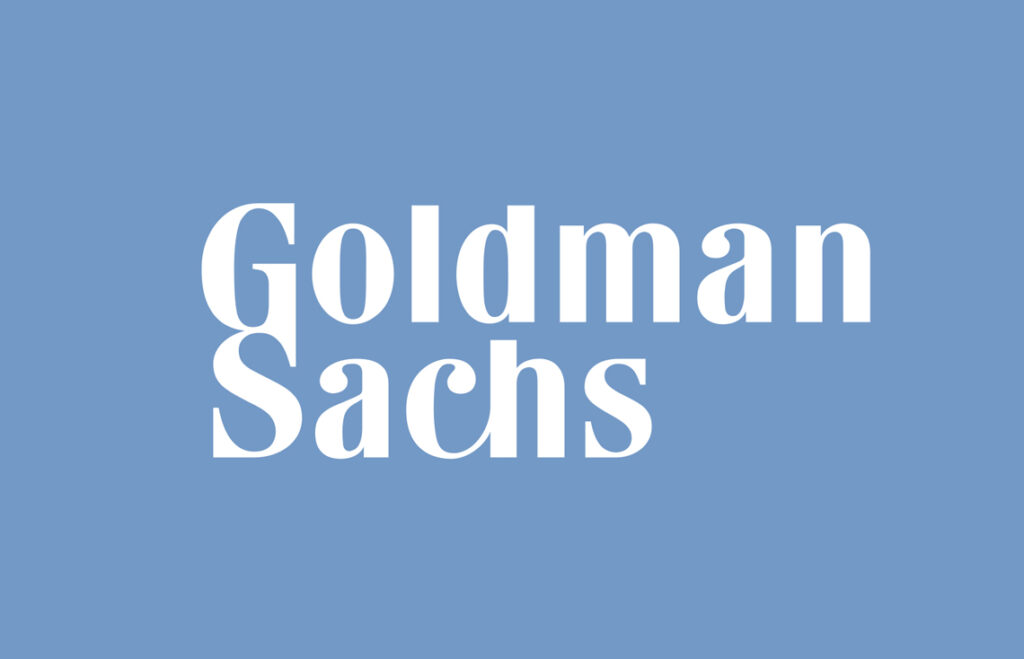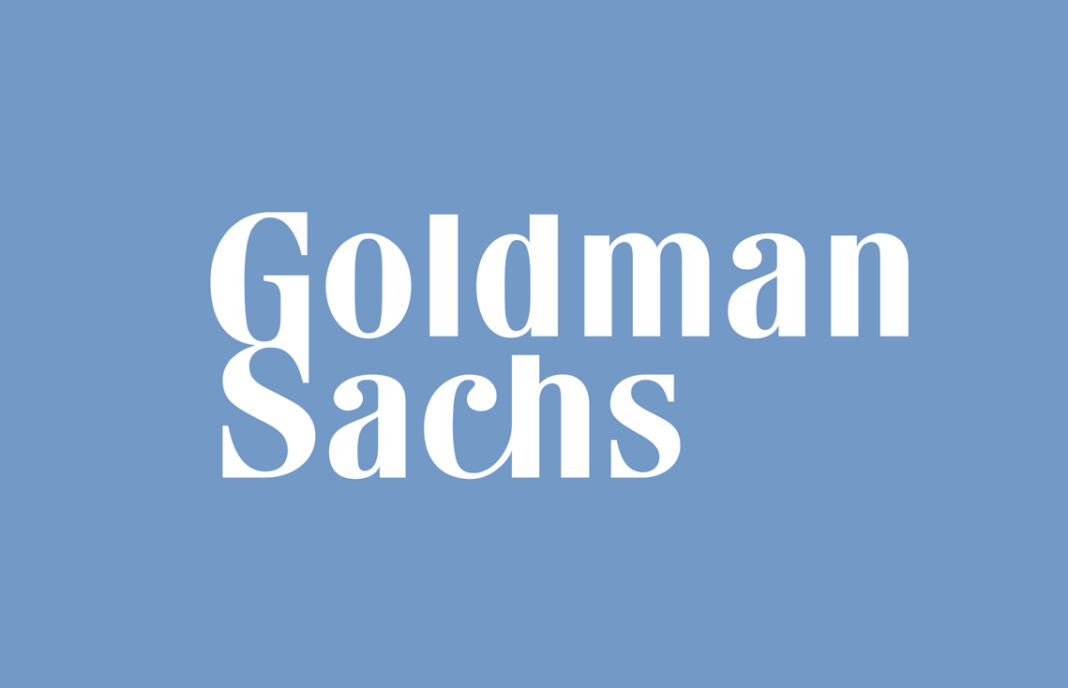Goldman Sachs is acquiring a majority stake in Excel Sports Management—home to Tiger Woods, Caitlin Clark and Nikola Jokic—in a deal valued near $1 billion. Executed through Goldman Sachs Alternatives, the move expands the bank’s sports footprint. Both companies say the partnership will accelerate Excel’s global growth and client opportunities.

Goldman Sachs’ decision to acquire a majority stake in Excel Sports Management marks one of the most significant crossovers yet between high finance and the talent representation business, signaling just how central sports have become in the global investment landscape. The deal, valued at nearly $1 billion, puts one of the world’s most powerful investment banks at the helm of an agency representing some of the biggest names in sports, including Tiger Woods, Caitlin Clark, Derek Jeter and Nikola Jokic. For Wall Street and the sports world alike, the acquisition underscores the financialization of influence, fandom and athletic stardom at a scale not seen before.
The transaction was executed through Goldman Sachs Alternatives, the private equity arm operating within the bank. This group functions much like a traditional private equity firm, acquiring and investing in companies positioned for long-term growth. Sports, with its expanding global audiences, diversified revenue streams and proliferation of new media channels, has become one of the most attractive sectors for investors seeking both stability and explosive potential. Goldman has already been active in the space, advising team owners, league executives and founders navigating deals across franchises and emerging markets. In 2023, the bank launched a dedicated sports advisory practice, formalizing its intentions to deepen its involvement in the sector.
Excel Sports Management is a natural extension of that strategy. Founded by Jeff Schwartz, Excel has built a reputation as a powerhouse agency known for representing top-tier athletes across golf, basketball, baseball and emerging sports. Its roster—star-studded and culturally relevant—has long made it a magnet for endorsement deals, brand partnerships, licensing agreements and media opportunities. Acquiring a majority stake gives Goldman not only access to the commercial universe surrounding elite athletes but also entry into an industry where fan culture directly fuels economic value.
For Goldman, the appeal lies in Excel’s position at “the heart of the fast-growing sports ecosystem,” according to Leonard Seevers, partner in private equity at Goldman Sachs Alternatives. In announcing the acquisition, Seevers emphasized the durability of sports as a business fueled by deep consumer loyalty and the expanding creativity of fan engagement. “Excel capitalizes on the combination of deep consumer loyalty to sports franchises, premier brands, and continued innovation in fan engagement, and we are excited to partner with Jeff and the rest of the Excel team to unlock new possibilities across the broader industry,” he said. His remarks highlight how the shifting sports landscape—where franchises have global audiences, athletes are their own media platforms, and brands invest heavily in sports-led storytelling—creates an environment ripe for strategic investment.
The “One Goldman Sachs” approach frequently referenced by the bank encapsulates the value the company believes it can bring to Excel. It suggests that Goldman can offer a unified and integrated set of services drawn from its broad capabilities as a global investment bank, premier wealth manager and major institutional investor. In practice, it means leveraging everything from wealth planning for athletes, to large-scale brand partnerships, to infrastructure investment in sports tech, betting and global leagues. For Excel’s clients, such support could expand their commercial opportunities while giving them access to elite financial management services.
Jeff Schwartz, founder and CEO of Excel Sports Management, framed the acquisition as a partnership grounded in shared values. “Goldman Sachs is an exceptional partner for Excel Sports Management as we advance into our next stage of growth,” he said, pointing to the alignment between the organizations in their “mutual commitment to excellence and integrity.” Schwartz noted that Excel defines its success through the success of its clients—a philosophy that, with Goldman’s backing, stands to gain new scale, sophistication and reach. “Goldman’s access, expertise, and extensive resources will provide a powerful platform to accelerate Excel’s expansion and enhance the value we deliver to our clients worldwide,” he added.
The deal arrives at a time when the line between athlete, brand, entrepreneur and media personality has blurred. Modern sports stars do far more than compete; they drive consumer behaviour, shape cultural conversations, build companies, run philanthropic organizations, and create content ecosystems. Talent agencies no longer simply negotiate contracts—they manage sprawling personal brands. Excel’s deep involvement in these areas offers investors like Goldman exposure to the expanding global sports economy without owning teams or betting on a single league’s performance.
For athletes, the partnership could translate into broader career pathways. With Goldman’s global business network and financial insight, clients could gain access to investment opportunities, enterprise-building models, long-term planning frameworks and cross-industry partnerships. When stars like Tiger Woods or emerging icons like Caitlin Clark explore ventures beyond their sports—whether fashion lines, production companies or new digital ventures—a partner with Goldman’s reach can amplify their efforts exponentially.
At the same time, the move reflects a larger trend of private equity and financial institutions moving aggressively into sports. Over the last decade, investment in leagues, teams, media rights, esports platforms and athlete-focused start-ups has surged. Sports has become one of the most resilient sectors globally, buoyed by live event demand, streaming wars, global fan bases and the rise of sports betting and analytics. By taking a position in talent management, Goldman is broadening its foothold in an ecosystem where performance, personality and entertainment intersect.
But the acquisition also raises questions about how financialization will influence an industry traditionally centered around personal relationships and athlete-first advocacy. Private equity involvement often sparks concerns about pressure for accelerated growth, potential conflicts of interest, and shifts in how talent agencies operate. Excel’s leadership will play a critical role in navigating this transition, maintaining its athlete-centric ethos while integrating Goldman’s strategic vision.
In the broader picture, Goldman’s move into talent representation signals the increasing blurring of sectors that were once distinct. The worlds of finance, entertainment, athletics and media are converging in ways that reflect modern consumer behaviour. Athletes are business entities; brands are entertainment companies; banks are cultural brokers. In this environment, influence is capital—and capital is increasingly seeking influence.
For Goldman Sachs, the acquisition marks a declaration of intent: that sports, and the personalities driving them, are no longer tangential to its business but central to its growth strategy. For Excel Sports Management, it represents a chance to scale globally with a partner equipped to navigate the complexities of an industry undergoing rapid transformation. And for the sports world, it is yet another sign that the business of representation is entering a new era—one shaped as much by financial powerhouses as by the athletes whose names have become brands in their own right.
As the dust settles on the nearly $1 billion deal, one thing is clear: the convergence of Wall Street and elite sports is accelerating, and the partnership between Goldman Sachs and Excel Sports Management may be a glimpse of the future—where financial giants aren’t just behind the scenes but inside the agencies shaping the careers, stories and commercial potential of the world’s biggest stars.
Discover more from Creative Brands
Subscribe to get the latest posts sent to your email.






